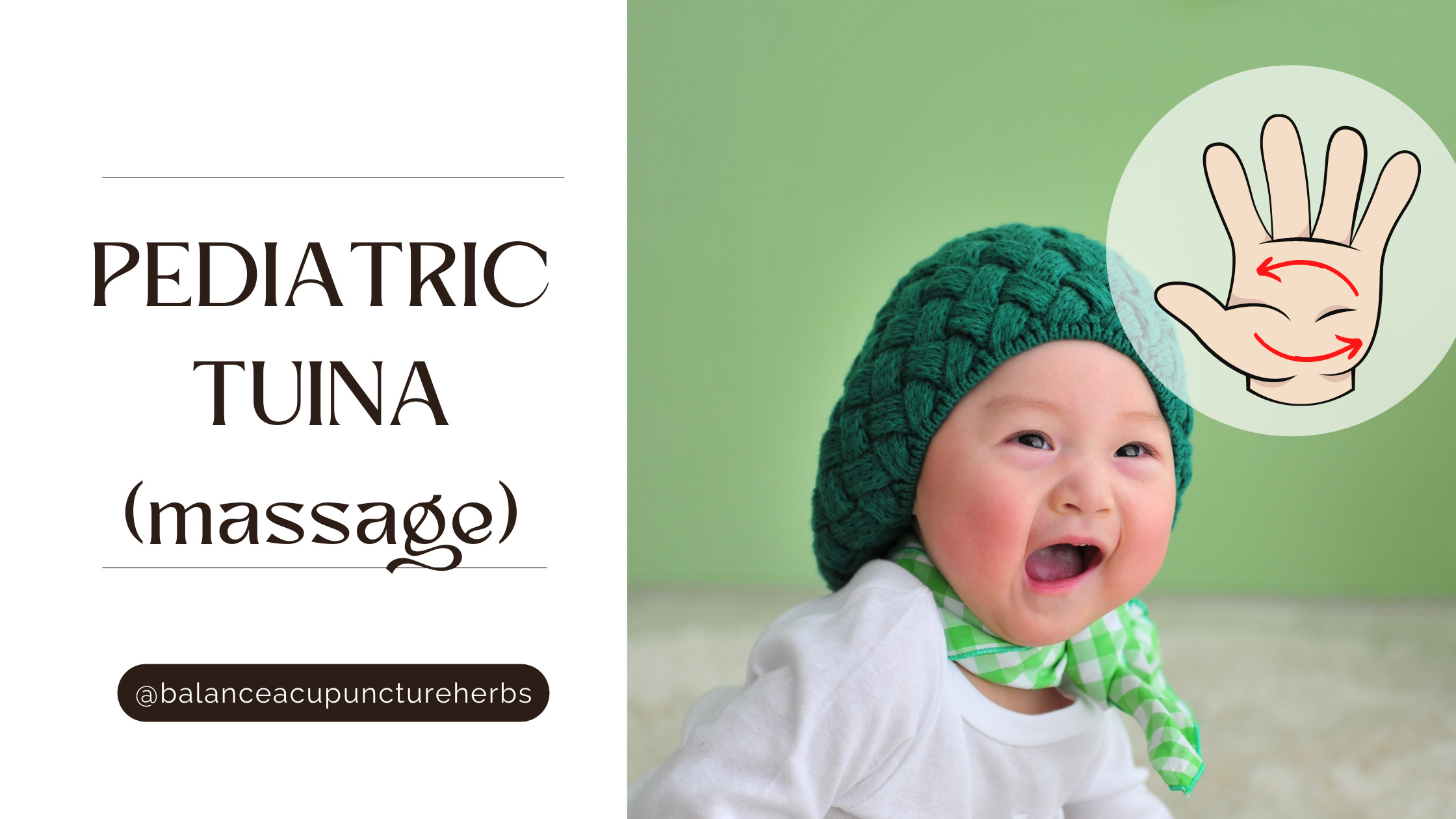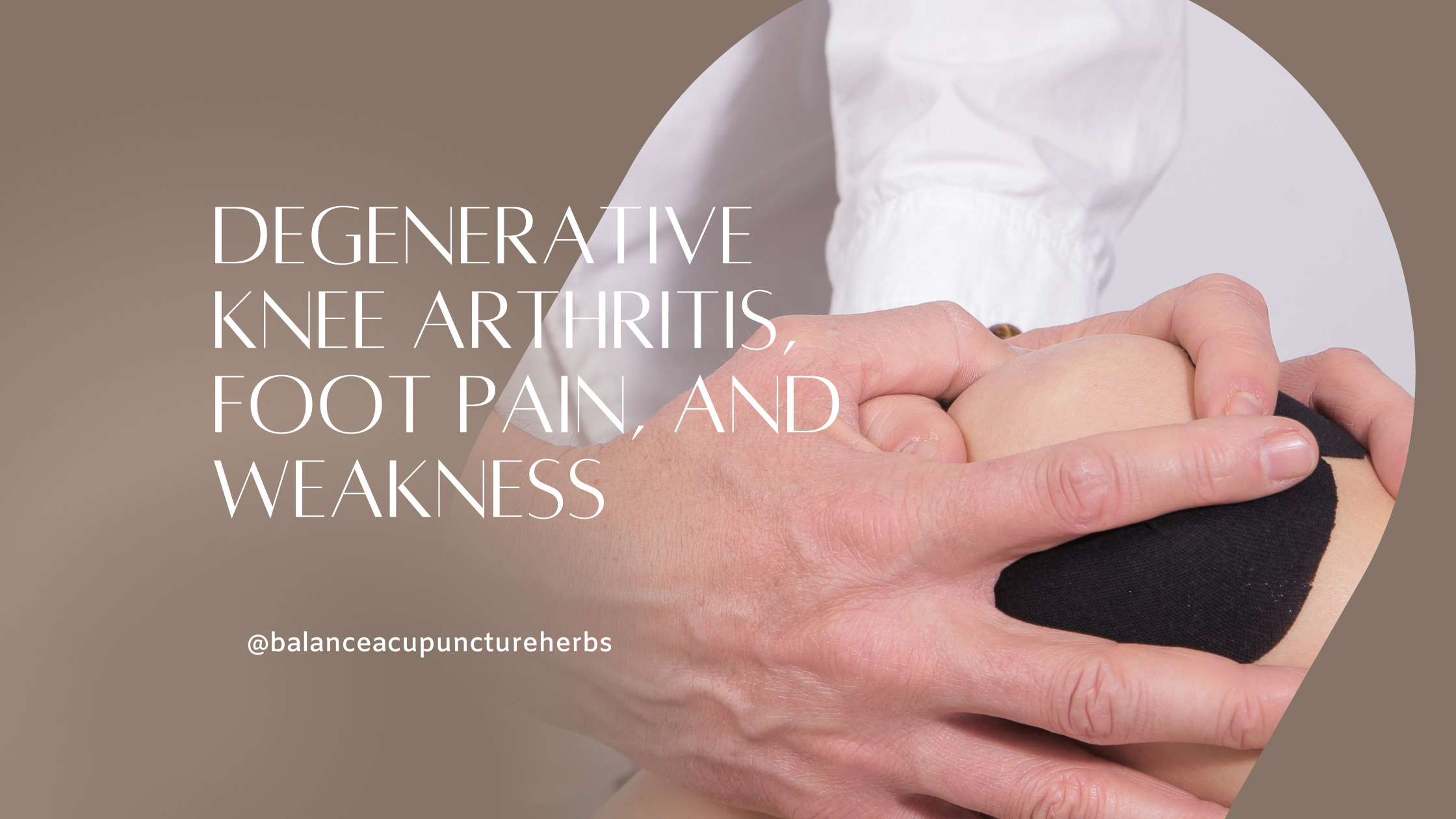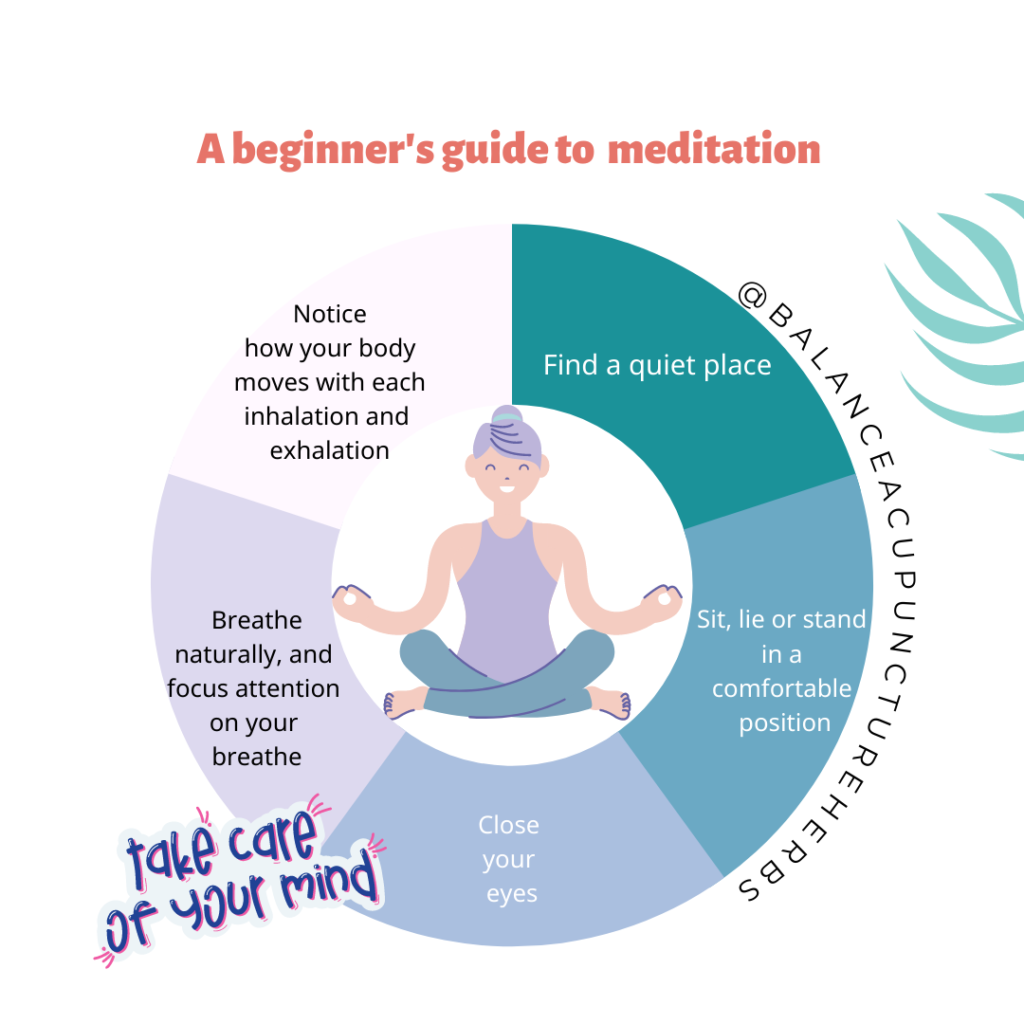
PEDIATRIC TUINA (massage)
January 25, 2022
Chinese herbal medicine and acupuncture for degenerative knee arthritis
February 27, 2022|
Getting your Trinity Audio player ready...
|
Health benefits of meditation
Meditation is a virtually risk-free and cost-effective practice that people of all ages can do with a little patience and guidance. If you’re new to meditation and unsure where to start, there are several meditation apps (e.g., Calm, Headspace, Breethe), websites, and online videos that provide free or low-cost guided meditation instruction and benefits.
If you experience stress, anxiety, insomnia, chronic pain, or poor concentration, incorporating a daily meditation practice may help. Meditation is a practice that can take time to master, but the good news is that you don’t need to be an expert to reap the benefits.

1. Promotes better sleep
Research has shown that individuals with over a decade of meditation experience have enhanced rapid eye movement and spend considerably more time in the slow-wave sleep phase. As a result, individuals who meditate sleep more deeply and enjoy more restorative sleep. (14)
2. Reduces stress and anxiety
Meditation may also improve quality of life and reduce symptoms of post-traumatic stress disorder (PTSD). (11) A small eight-week trial found that meditation practice effectively reduced perceived stress levels and improved mood. (6)
3. Improves symptoms of depression
In a six-week trial conducted in 2019, students who meditated daily experienced a decrease in symptoms of depression compared to a control group that did not meditate; however, these effects only persisted in individuals who continued to practice daily meditation post-intervention. (1)
4. Relieves pain
Research suggests that meditation may benefit patients experiencing pain and discomfort related to several chronic illnesses, including fibromyalgia, migraine, and irritable bowel syndrome. (26)
Following a ten-week mindfulness meditation program, 65% of subjects reported at least a 33% reduction in pain since the beginning of the trial. (9)

5. Boosts memory and protects against cognitive decline
Long-term meditation may even alter the structure of your brain. As you age, your brain’s cortical thickness shrinks, affecting memory and executive function. (22) One study determined that regular meditation is associated with increased cortical thickness and may slow age-related thinning of the frontal cortex. (12)
6. Sharpens focus and concentration
Short-term meditation practice has also been shown to improve focus and concentration, even in individuals with no prior experience with meditation. Evidence shows that meditation training significantly improves working memory, executive function, and sustained attention in as little as four days of practice. (25)
7. Supports cardiovascular health
Several studies have demonstrated the usefulness of meditation for reducing heart rate and increasing heart rate variability, two indicators of cardiovascular health. (2) Meditating for only five minutes per day for a total of ten days has been shown to improve heart rate variability. (10)
Research reveals that beginners and long-term meditators alike can benefit from daily meditation, no matter their skill level. Speak to your integrative healthcare practitioner about incorporating meditation into your wellness plan.
Read More:
How to prevent depression in Traditional Chinese medicine?
Electroacupuncture and Acupuncture for Anxiety Disorders
[wpseo_address show_state=”1″ show_country=”1″ show_phone=”1″ show_phone_2=”0″ show_fax=”0″ show_email=”0″ show_logo=”0″]
[wpseo_map max_number=”undefined” width=”400″ height=”300″ zoom=”-1″ map_style=”roadmap” scrollable=”1″ draggable=”1″ show_route=”0″ show_state=”0″ show_phone=”1″ show_phone_2=”0″ show_fax=”0″]
Managing your stress and anxiety:
References:
Nagendra, R. P., Maruthai, N., & Kutty, B. M. (2012). Meditation and its regulatory role on sleep. Frontiers in neurology, 3, 54. https://doi.org/10.3389/fneur.2012.00054
Lang, Ariel J et al. “The theoretical and empirical basis for meditation as an intervention for PTSD.” Behavior modification vol. 36,6 (2012): 759-86. doi:10.1177/0145445512441200
Innes KE, Selfe TK, Brown CJ, Rose KM, Thompson-Heisterman A. The effects of meditation on perceived stress and related indices of psychological status and sympathetic activation in persons with Alzheimer’s disease and their caregivers: a pilot study. Evid Based Complement Alternat Med. 2012;2012:927509. doi:10.1155/2012/927509
Carpena, Marina Xavier et al. “The effect of a six-week focused meditation training on depression and anxiety symptoms in Brazilian university students with 6 and 12 months of follow-up.” Journal of affective disorders vol. 246 (2019): 401-407. doi:10.1016/j.jad.2018.12.126
Zeidan F, Vago DR. Mindfulness meditation-based pain relief: a mechanistic account. Ann N Y Acad Sci. 2016;1373(1):114-127. doi:10.1111/nyas.13153
Kabat-Zinn, J. “An outpatient program in behavioral medicine for chronic pain patients based on the practice of mindfulness meditation: theoretical considerations and preliminary results.” General hospital psychiatry vol. 4,1 (1982): 33-47. doi:10.1016/0163-8343(82)90026-3
Sharma H. Meditation: Process and effects. Ayu. 2015;36(3):233-237. doi:10.4103/0974-8520.182756
Lazar SW, Kerr CE, Wasserman RH, et al. Meditation experience is associated with increased cortical thickness. Neuroreport. 2005;16(17):1893-1897. doi:10.1097/01.wnr.0000186598.66243.19
Fadel Zeidan, Susan K. Johnson, Bruce J. Diamond, Zhanna David, Paula Goolkasian, Mindfulness meditation improves cognition: Evidence of brief mental training, Consciousness and Cognition, Volume 19, Issue 2,
2010, Pages 597-605, ISSN 1053-8100, https://doi.org/10.1016/j.concog.2010.03.014.
Lazar SW, Kerr CE, Wasserman RH, et al. Meditation experience is associated with increased cortical thickness. Neuroreport. 2005;16(17):1893-1897. doi:10.1097/01.wnr.0000186598.66243.19
Krygier, Jonathan R et al. “Mindfulness meditation, well-being, and heart rate variability: a preliminary investigation into the impact of intensive Vipassana meditation.” International journal of psychophysiology : official journal of the International Organization of Psychophysiology vol. 89,3 (2013): 305-13. doi:10.1016/j.ijpsycho.2013.06.017
Chang KM, Wu Chueh MT, Lai YJ. Meditation Practice Improves Short-Term Changes in Heart Rate Variability. Int J Environ Res Public Health. 2020;17(6):2128. Published 2020 Mar 23. doi:10.3390/ijerph17062128




